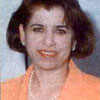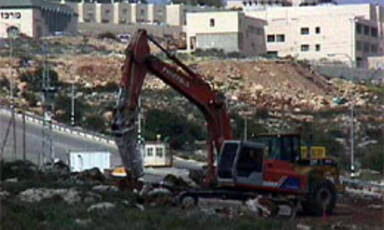Israeli at US loan talks is implicated in massacre
12 January 2003
Israel is asking the United States for $8bn (£5bn) in loan guarantees — and has sent to Washington Amos Yaron, one of the former army officers implicated in the 1982 Sabra and Chatila massacre of Palestinian civilians to persuade the Bush administration to grant the money. Robert Fisk writes in The Independent. Read more about Israeli at US loan talks is implicated in massacre




